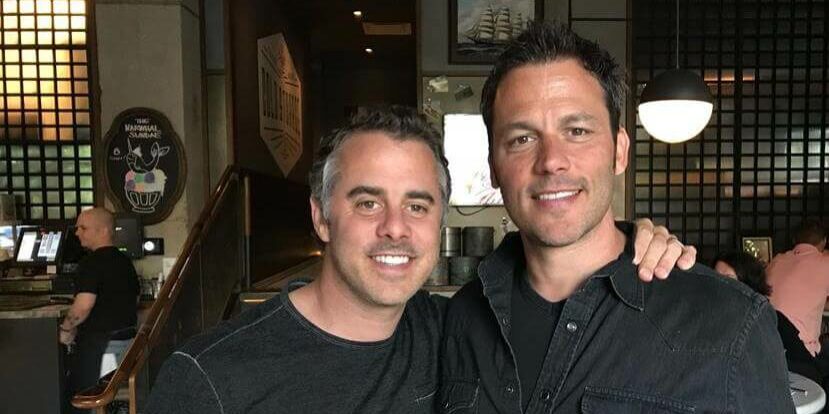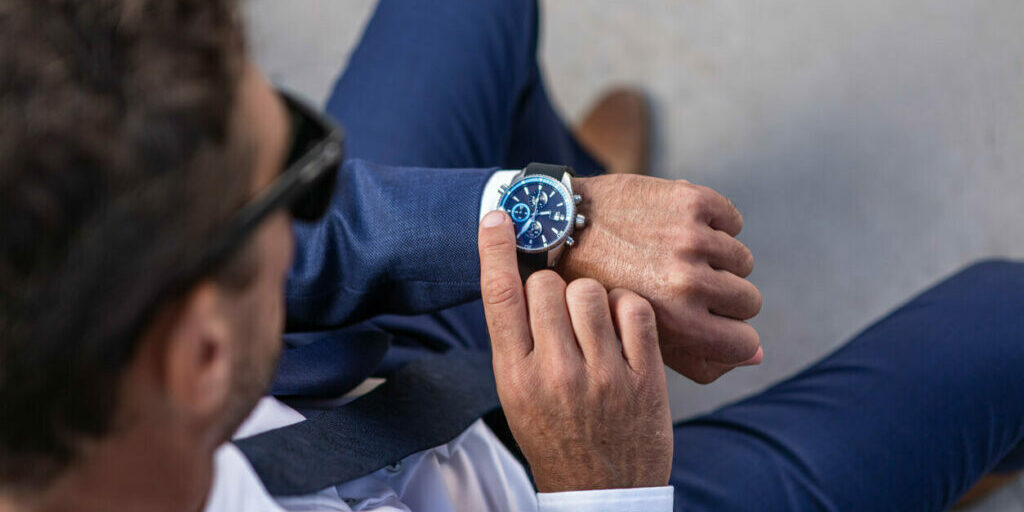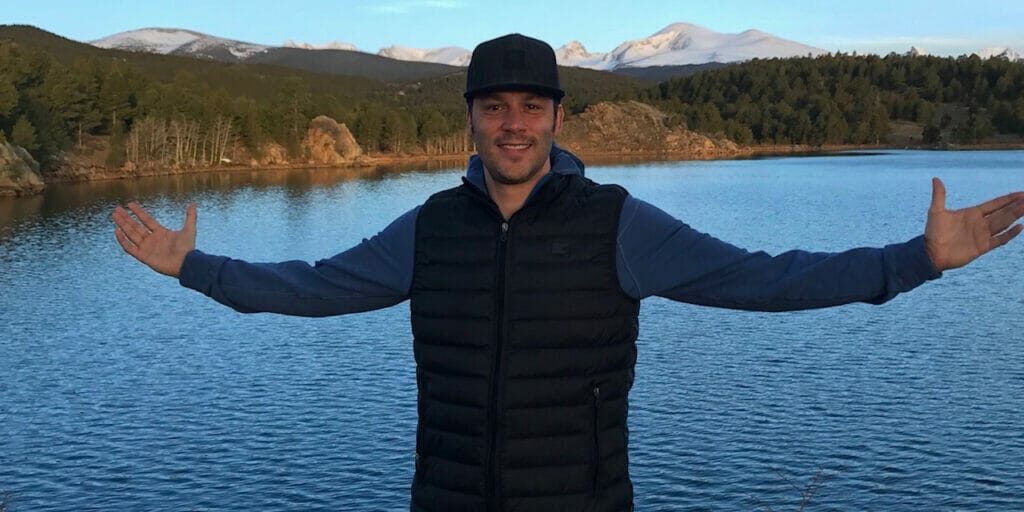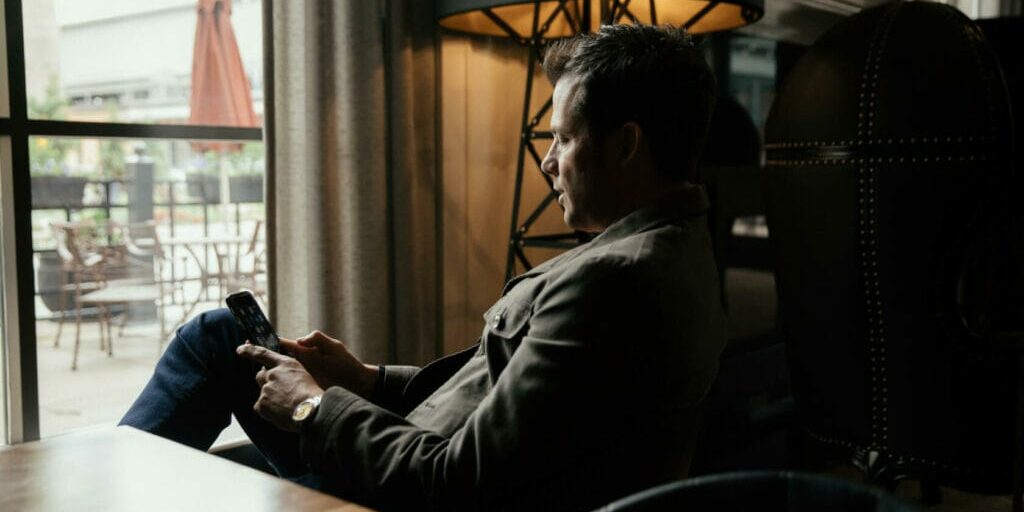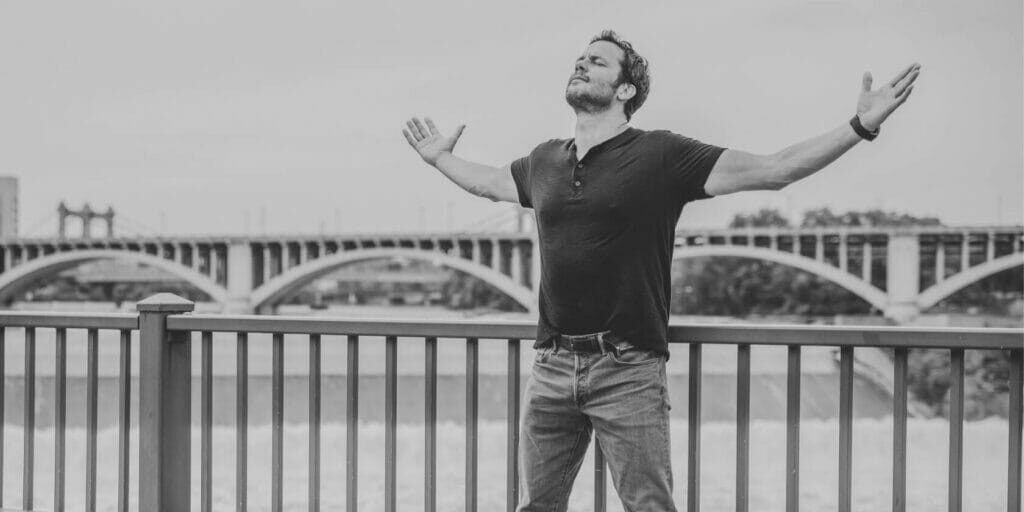The COVID-19 pandemic has brought many changes to daily life — and with it has come uncertainty, altered routines, stress and social isolation.
As our world wrestles with all of the changes brought upon by the crisis, we are also wrestling with a terrible side effect: a mental health crisis. A poll conducted by the Kaiser Family Foundation showed that “nearly half of Americans report the coronavirus crisis is harming their mental health.” Within this time, mental health moved from being an issue for some to an issue for the majority. Concerns vary, but a study recently highlighted in Fast Company reveals the concerns that many are having: “Americans are currently most worried about the financial impact of the pandemic (49%), losing a loved one (40%), getting sick (37%), the uncertainty around how the virus will impact family and relationships (25%), and work strain/overwork due to the pandemic (23%).”
At the onset of COVID-19, I experienced my own battle with elevated stress, anxiety, fear, sadness and loneliness. I think I was in a state of shock and I can only recall feeling constantly overwhelmed. It’s no surprise to me that mental health disorders, including anxiety and depression, are worsening during this time. In fact, given the circumstances, that is pretty normal.
If your own experience is similar, just know that you aren’t alone. In fact, you may find that you are included in more than one of these percentages from a recent survey conducted by Qualitrics:
- 67% of people report higher levels of stress since the outbreak of COVID-19.
- 57% say they have greater anxiety since the outbreak.
- 54% say they are more emotionally exhausted.
- 53% say they feel sadness day-to-day.
- 50% feel they are more irritable.
- 42% report their overall mental health has declined.
The important question isn’t whether this is difficult, but rather, what can we do about it?
I’ve considered this question very carefully and I have invested plenty of extra time and resources into ensuring that my own wellness is moving in the right direction. Do I struggle sometimes? Yes, of course. But I know that my mental health is not just about ensuring that I’m doing OK. It’s also about making sure that I am equipped to serve others as best as I can during this moment. Ensuring that I’m healthy means that I am better “prepared for impact.” After all, that is the mission!
I can’t pour from an empty cup. Neither can you. While we are all collectively navigating this crisis, I am also well aware that we are each independently dealing with our own unique set of challenges. No two situations are exactly alike. Today, I am sharing a few of the remedies that got me off the couch and back into the groove. I hope they help.
Take Ownership of Your Day
One of the great ironies of working from home is that, in theory, we should be more in control of our routines, achieving more of the work-life balance that we’ve all been dreaming of.
But we’re not. Not even close.
Instead, we’re working more. Research from NordVPN shows that employees working from home in the United States are working an additional three hours a day. For many of us, that’s meant non-stop Zoom calls, prioritizing the inbox, and focusing a little too much on what needs to get done immediately — rather than prioritizing the critical creative thinking that helps us map out our long-term goals.
What gets scheduled gets done. So make sure you’re taking the time to take regularly scheduled breaks during your day. My recommendation is to divide your day into 50-minute bursts, with 10 minutes in between. Do your best to avoid scheduling meetings back-to-back, and make sure the meetings you take are directly related to your business goals. After all, you’ve got the same 24 hours in the day as everyone else. Make sure you’re managing them intentionally, so you can get the most out of them without letting your schedule take more out of you. Routines can be normalizing, and they help bring productivity and predictability to hours that could otherwise be empty or isolating.
Get Moving
“Come on, Estis. Who do you want to be?!”
That is the mantra of my personal trainer, who is very fond of reminding me at sunrise that I am capable of more. Of course I am!
During this pandemic, I’ve doubled down on my commitment to fitness. I work out six days a week with a personal trainer, and that might also be the best investment I’ve made for my mental health. Exercise is medicine — and it’s the best remedy for stress and anxiety, full stop. I am in far better physical condition than I was at the onset of COVID-19, which has provided both an outlet and the energy I need for managing stress. With gym closings, those sessions have been my daily sanctuary, and I am not sure how well I would have survived all of this without them.
I’m also spending time outside. It’s summer in Minnesota, and I intend to continue taking advantage of our lakes and trails along the Mississippi River and spend time in nature. The experience of being in nature always recharges me. There’s science behind that as well. A study featured in the New York Times found that we only need two hours in nature per week in order to feel less stressed and anxious. It works.
Talk to Someone
No matter if I’m talking to someone who lives alone like myself or someone with a full house, I find one thing in common about the experience: It can feel enormously lonely and isolating. Some of us feel lonely because we are all alone. Others feel lonely because they don’t feel as if they have enough time for themselves.
And as we balance personal crises in our lives, we also struggle with professional ones. Many business owners are understandably nervous. Others are concerned about their jobs — or even have been furloughed or laid off. That kind of fear, uncertainty, trauma and financial stress is a breeding ground for anxiety and depression.
So talk to someone. Perhaps it’s a coach or a therapist. There are numerous virtual options available, and I have enlisted the support of both. I am fortunate to be able to make that investment, and I know it’s helped me maintain the proper perspective and put some exciting plans into forward motion. In lieu of professional support, perhaps it’s simply a close friend or a member of your Personal Board of Directors. I have been using those resources as well because what’s most important right now is to simply talk. Research on talk therapy highlighted by the American Psychiatric Association shows that there are numerous benefits, such as better physical health and more satisfaction with your job. In fact, talk therapy can physically rewire your brain for better long-term mental health.
COVID-19 is a harsh reminder that we have very little control over our external conditions. What I learned is that what is going on “outside” of me doesn’t necessarily have to wreak havoc on what is going on “inside.” We can positively impact our inner world by simply focusing on a little bit of that “inner work.” My journey inside started a few years ago and recently I was able to revisit that awakening as a guest on the Hoffman Institute podcast, Love’s Everyday Radius. Check it out for a deeper dive into my own personal journey and the powerful healing available through the process.
Embrace the Opportunity Inside the Challenge
Until this March, I spent the majority of the past 10 years on the road. I feed off the energy of traveling to new places, meeting new people and doing work that I enjoy. I built my dream job and plenty of adventure right along with it.
Being on lockdown in Minneapolis for such an extended amount of time has been surreal, to say the least. But I’ve also discovered that this moment of pause has allowed me to do so many other things I never would have experienced otherwise. I’ve been doing happy hours and dinners on Zoom with family and friends, I learned how to cook, I am learning how to wakesurf — and I even tagged along with my brother and his family on a midweek vacation to Jackson Hole.
 While the fam was rolling down the Snake River for a little whitewater rafting excursion, I did consider that pre-COVID, this little mini adventure would have never happened. I would have been working, and it dawned on me that parts of this pause have been good both for myself and for deepening the relationships I cherish.
While the fam was rolling down the Snake River for a little whitewater rafting excursion, I did consider that pre-COVID, this little mini adventure would have never happened. I would have been working, and it dawned on me that parts of this pause have been good both for myself and for deepening the relationships I cherish.
So I’ve been filling my calendar with activities, both small and large. Even the small ones feel good, and they help break up the monotony of working from home. And even better, I’m making up for lost time. Remember, life is people, and prioritizing those we love is one of the only surefire ways there is to live a full and happy life. See you next week, Mom!
Practice Gratitude
We’re all going to have days where things are difficult. That’s just being human.
Whenever I feel myself in one of these moments, I try and think about what I have to be grateful for. I found myself in exactly one of those moments last week when I ended up in the hospital with what turned out to be only a minor infection. That was a very real reminder that all things considered, I have it really good.
I have my health, and so does my family. I have my business and my home. I have shared experiences with people I care about over the past few months that I cherish. I am learning, growing and becoming a better version of myself. That makes me super lucky.
Yes, times are hard and uncomfortable. But it’s precisely through the adversity that we grow. So I am trying to find the silver lining and use this moment as a defining one to embark on some meaningful change. If that idea resonates, then check out this free download of my own personal change guide: “How To Create Meaningful Change In Your Life.”
Because no matter what happens next, I know this: This moment is going to change us, and my hope is that if we are intentional, it will be for the better.




